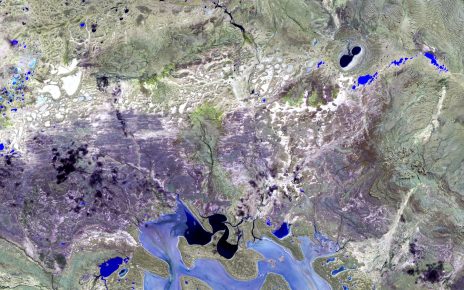Suspected Poachers at Large After Wildlife Hunt in West Bali National Park
The West Bali National Park, known for its diverse flora and fauna, was recently struck by illegal hunters. Despite the park being a protected area, suspected poachers reportedly broke in and carried out an unlawful wildlife hunt. As park officials and local law enforcement agencies intensify their search operations, the suspected poachers remain at large.
What Happened at West Bali National Park?
Earlier this month, rangers came across signs that led them to believe poaching activities occurred inside the West Bali National Park. These findings included animal remains, thought to be targeted for the illegal wildlife trade, abandoned hunting gear, and tracks that were inconsistent with the park’s regular wildlife.
Impact on the Park’s Wildlife
The incident has undoubtedly left an imprint on the wildlife residing in the park. The impact layer includes the loss of wildlife, increase in fear and anxiety among the animal population, forcing them to leave their habitats, and possibly affecting the natural balance of the park’s ecosystem.
The Hunt for the Suspected Poachers
Local law enforcement agencies, alongside park rangers, have launched an extensive search for the suspected poachers, employing surveillance drones, canine units, and ground patrols. The mission is ongoing, with the suspects still believed to be at large.
Consequences of Poaching
- Ecological Role: Each animal plays a crucial role in maintaining the delicate balance of the ecosystem. The loss of even one animal to poaching can have ripple effects throughout the habitat.
- Population Loss: Continued hunting often leads to a significant reduction in population of a species, sometimes driving them to extinction.
- Economy: Wildlife tourism is a significant part of many region’s economies, including Bali. Poaching can have a detrimental impact on the economic health of these regions.
First-hand Experience
As a park ranger working in West Bali National Park, I have been involved in the operations. We’ve been patrolling the park relentlessly and are committed to bringing the alleged poachers to justice. We’ve also launched investigations and are inspecting the evidence to identify these criminals. This event has shone a spotlight on the importance of additional measures — perhaps enhanced surveillance and stricter access controls — to guard against such offences in the future.
Fighting Poaching: Tips for the General Public
Everyone can play a role in combating poaching. Here are some practical tips:
- Report Suspicious Activity: Always report if you notice any suspicious activities that you suspect relate to poaching.
- Responsible Tourism: Avoid purchasing illegal wildlife products while travelling.
- Educate and Spread Awareness: Use your platforms to inform others about the adverse effects of poaching.
- Donate: Consider donating to organizations that are committed to conserving wildlife and protecting them from poachers.
Conclusion
The suspected poachers’ case at large after the West Bali National Park incident is a harsh reminder of the ongoing battles in protecting wildlife from poaching. Serious reflection and reassessment are needed in the local and global community’s approach to wildlife protection. In the meantime, as park authorities and law enforcement agencies continue their hunt for the suspected poachers, individuals too can play their part in being vigilant, raising awareness, and contributing to efforts aimed at preserving our precious wildlife.





